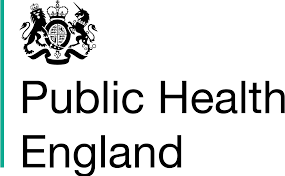Whole Genome Sequencing to diagnose TB

Public Health England has announced that Whole Genome Sequencing (WGS) is now being used to identify different strains of tuberculosis (TB).
This is the first time that WGS has been used as a diagnostic solution for managing a disease on this scale anywhere in the world. The technique, developed in conjunction with the University of Oxford, allows faster and more accurate diagnoses, meaning patients can be treated with precisely the right medication more quickly. Where previously it could take up to a month to confirm a diagnosis of TB, confirm the treatment choices and to detect spread between cases, this can now be done in just over a week by Public Health England’s Birmingham laboratory. This slows the spread of the disease and boosts the fight against anti-microbial resistance.
This world first service has been developed in partnership with Genomics England, National Institute for Health Research (NIHR) and Wellcome Trust. The implementation of this technology will contribute to achieving the aims of the 100,000 Genomes Project.
The UK has a proud history of leading the world in science and innovation – this is another global first for our country. These pioneering techniques will change patients’ lives in the NHS as well as being used across the globe to slow the spread of a terrible disease and take the fight to drug resistant infection.
Jeremy Hunt
Health Secretary
Genomics England are delighted to fulfil the transformative ambition of the 100,000 Genomes Project infectious disease programme for the NHS by finding a faster, better diagnostic approach for a tuberculosis which is a major infectious disease causing many deaths world-wide.
Professor Mark Caulfield
Chief Scientist at Genomics England
The use of whole genome sequencing to diagnose, detect drug resistance and very accurately type TB is a world first for any disease on this scale. By working closely with our partners, we are now able to use cutting edge science to effectively treat these patients with the right medicines quickly. We are immensely proud of the contribution this makes to the prospects of better treatment of TB globally. This approach will also increasingly be used for many other infectious diseases. Our ambition is to achieve this as quickly as possible so many infections can be better diagnosed and treated.
Professor Derrick Crook
Director of National Infection Service, Public Health England
The work has been supported by the NIHR Oxford Biomedical Research Centre, a partnership between Oxford University Hospitals NHS Foundation Trust and the University of Oxford to enable clinical research for patient benefit and foster innovation to improve healthcare.
Read more on the Public Health England website.


